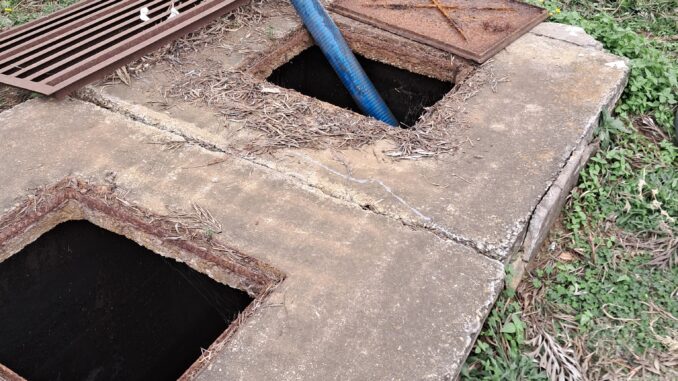
Symptoms of a Failing Septic System in Harare and Zimbabwe
Is your septic tank system failing in Zimbabwe? Call 0772593344 for reliable and affordable services today
Septic systems, vital components of sanitation infrastructure, are prevalent throughout Harare and Zimbabwe, particularly in areas lacking connection to municipal sewer lines. The reliability of these systems, however, is significantly impacted by a variety of factors, leading to frequent failures with potentially severe consequences for public health and the environment. Identifying the symptoms of a failing septic system is crucial for prompt remediation and preventing widespread contamination. This essay will delve into the specific indicators of septic system failure in the context of Harare and Zimbabwe, considering the unique environmental and socioeconomic conditions influencing their performance.
Physical Indicators of System Failure:
One of the most readily observable symptoms of a failing septic system is slow draining of sinks, showers, and toilets. This is often an early warning sign, indicating a buildup of solids and sludge within the septic tank, reducing its effective capacity. The accumulation of solids restricts the flow of wastewater, leading to persistent clogging. In more severe cases, complete drainage blockage can occur, rendering the plumbing unusable. This is further exacerbated by the common practice of improper waste disposal, with non-biodegradable materials like plastics, sanitary products, and grease accumulating in the tank and clogging the leach field.
Ground Surface Manifestations:
Soggy or Saturated Soil
The surrounding ground can also provide telltale signs of septic system distress. The appearance of soggy or saturated soil around the septic tank and drain field indicates a failure of the system’s ability to effectively treat and disperse wastewater. This is a clear indication that the leach field is overloaded or damaged, leading to the surfacing of effluent.
Foul Odors
The presence of foul odors emanating from the ground near the septic tank or drain field is another significant symptom. These odors are characteristic of anaerobic bacterial activity breaking down wastewater, and their intensity increases as the system fails to properly process waste.
Unusual Vegetation Growth
Furthermore, the observation of unusual vegetation growth around the septic tank and drain field might suggest effluent seepage, providing nutrients that promote excessive plant growth.
Water Quality Concerns:
Groundwater Contamination
The consequences of a malfunctioning septic system extend beyond visible indicators. The most serious concern relates to groundwater contamination. When a septic system fails, untreated wastewater can seep into the soil and contaminate groundwater sources, posing a substantial risk to human health. This contamination can lead to outbreaks of waterborne diseases, including typhoid, cholera, and various gastrointestinal illnesses. This risk is particularly significant in Harare and Zimbabwe due to the prevalence of groundwater usage for drinking and other domestic purposes, especially in areas where access to clean piped water is limited.
Specific Challenges in Harare and Zimbabwe:
Several factors specific to Harare and Zimbabwe contribute to the increased likelihood of septic system failures. Firstly, frequent power outages can impact the functionality of septic systems equipped with pumps or aerators, leading to reduced efficiency and increased risk of overflow.
Secondly, the variable rainfall patterns characteristic of the region can affect the performance of leach fields. Prolonged periods of drought can result in insufficient percolation, while heavy rainfall can overwhelm the system, causing backup and overflow.
Thirdly, soil conditions can influence the effectiveness of septic systems. Clay soils, for instance, have lower permeability, hindering the absorption of treated wastewater and increasing the risk of leach field failure.
Finally, limited access to professional septic system maintenance and a lack of awareness regarding proper maintenance practices contribute significantly to the prevalence of septic system failures.
Conclusion:
Recognizing the symptoms of a failing septic system is crucial for mitigating the risks associated with wastewater contamination and protecting public health in Harare and Zimbabwe. The indicators outlined above—ranging from slow drainage and foul odors to saturated soil and potential groundwater contamination—highlight the importance of regular inspection, preventative maintenance, and prompt professional intervention. Addressing the unique challenges posed by the region’s environmental conditions and socioeconomic factors is essential for ensuring the long-term functionality and effectiveness of septic systems and safeguarding the health and well-being of communities. Investing in education and awareness campaigns, coupled with improved access to professional services, is critical for mitigating the significant risks associated with failing septic systems in Harare and Zimbabwe.

Leave a Reply